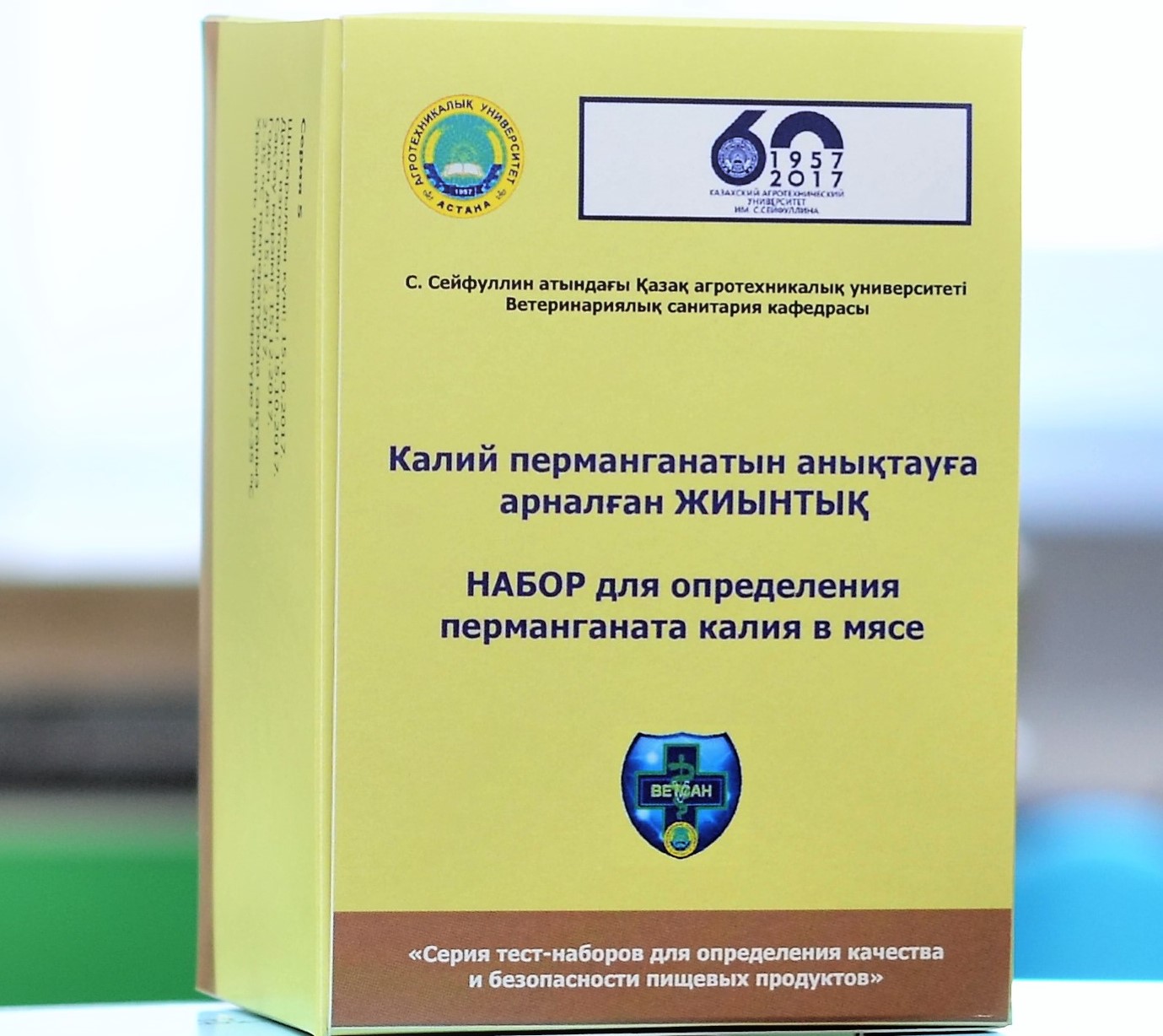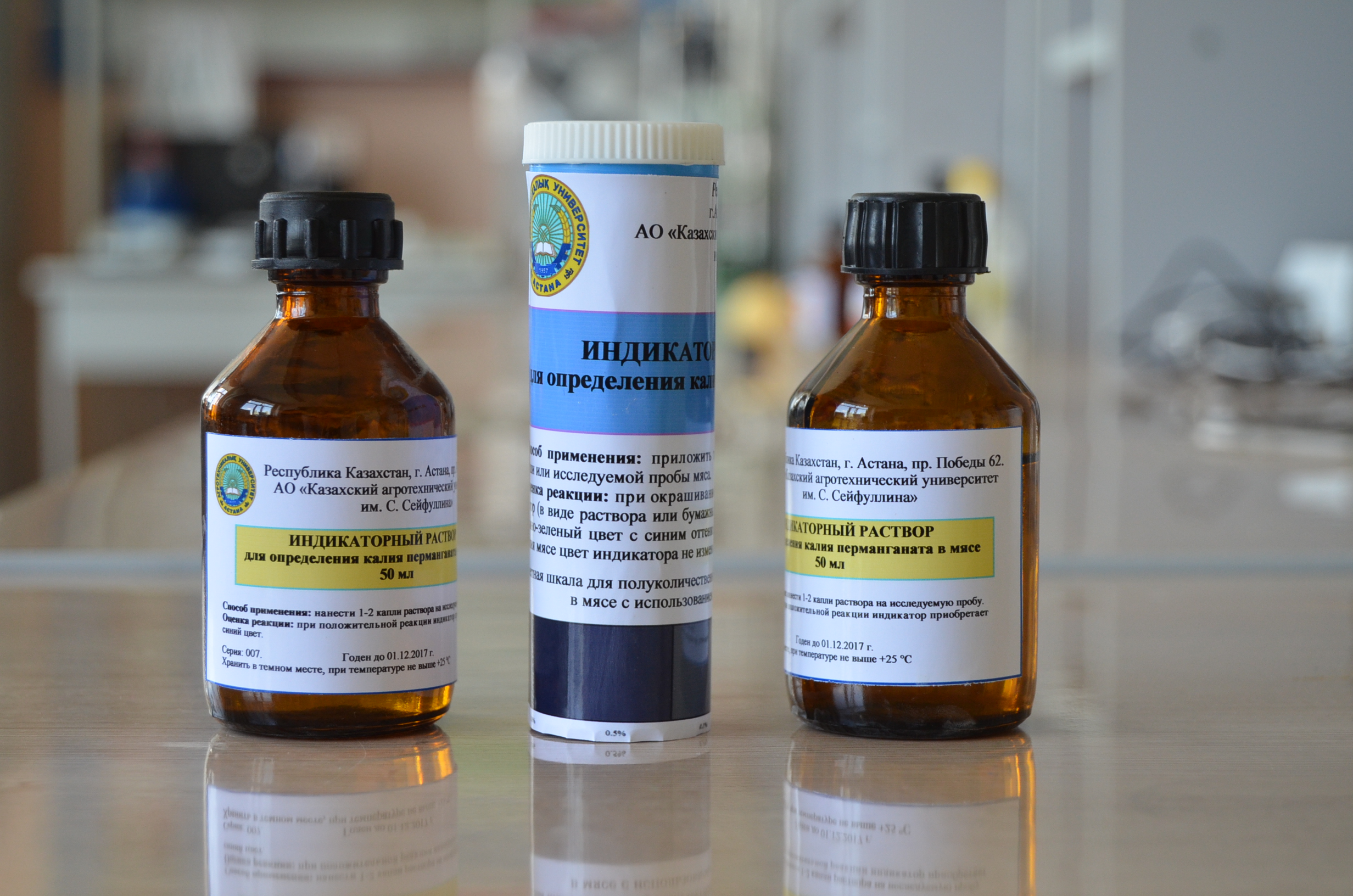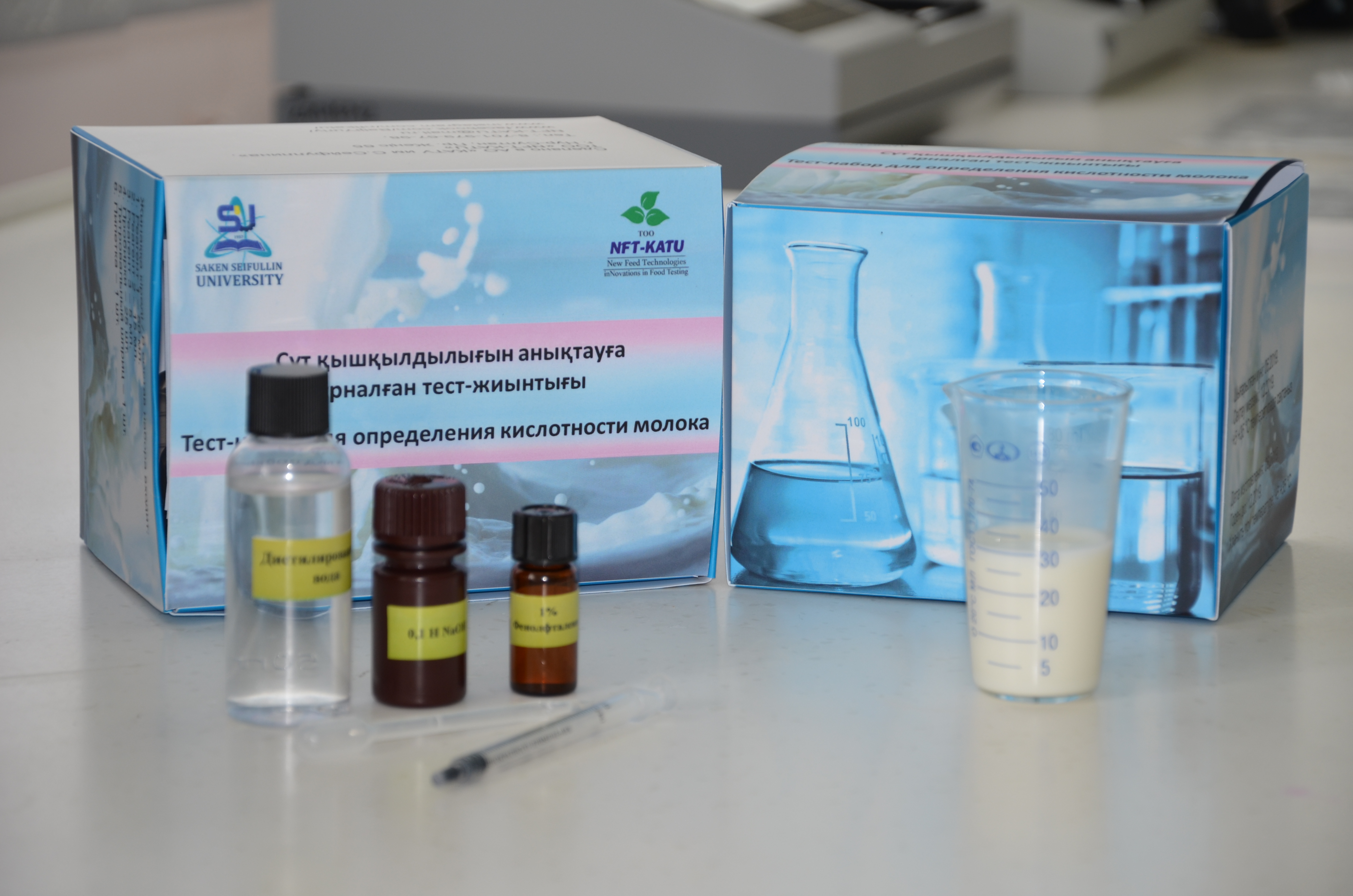
The indicators are used to identify dyes such as potassium permanganate and other strong oxidizing agents present in adulterated meat.
The color of the meat is one of the most important indicators of quality, which gives an idea of the type of animal, freshness, condition before slaughter, i.e. whether the meat was obtained from the animal that was sick, fallen, or in a state of agony, as well as the presence or absence of adulteration. Basically, the assessment of the color of meat is made visually, so when tinting meat with potassium permanganate, it is very difficult and almost impossible to determine this type of aduteration without additional research methods.
The harm of meat adulteration with potassium permanganate is that it itself, being tainted, is a danger to the health of the consumer, and potassium permanganate has a cumulative irritating effect. If the maximum permissible concentrations are exceeded, there is a sharp pain in the oral cavity, along the esophagus, in the abdomen; vomiting and diarrhea are possible; the mucous membrane of the oral cavity and pharynx is edematous, dark brown, purple, there is a possibility of laryngeal edema, the development of mechanical asphyxia, parkinsonism, hemorrhagic colitis, nephropathy, hepatopathy. It also has a harmful effect on the cardiovascular and central nervous systems, lowers blood pressure, can cause possible convulsions, apnea due to air embolism with atomic oxygen of the blood vessels of the brain and heart, severe pneumonia occurs. With low acidity of gastric juice, methemoglobinemia with pronounced cyanosis and shortness of breath is possible.
Order of execution:
A semiquantitative method for the determination of potassium permanganate in meat
1. Apply the indicator strip or apply the indicator solution to the test surface of the meat.
2. Using a color scale, determine the concentration of potassium permanganate in meat.




